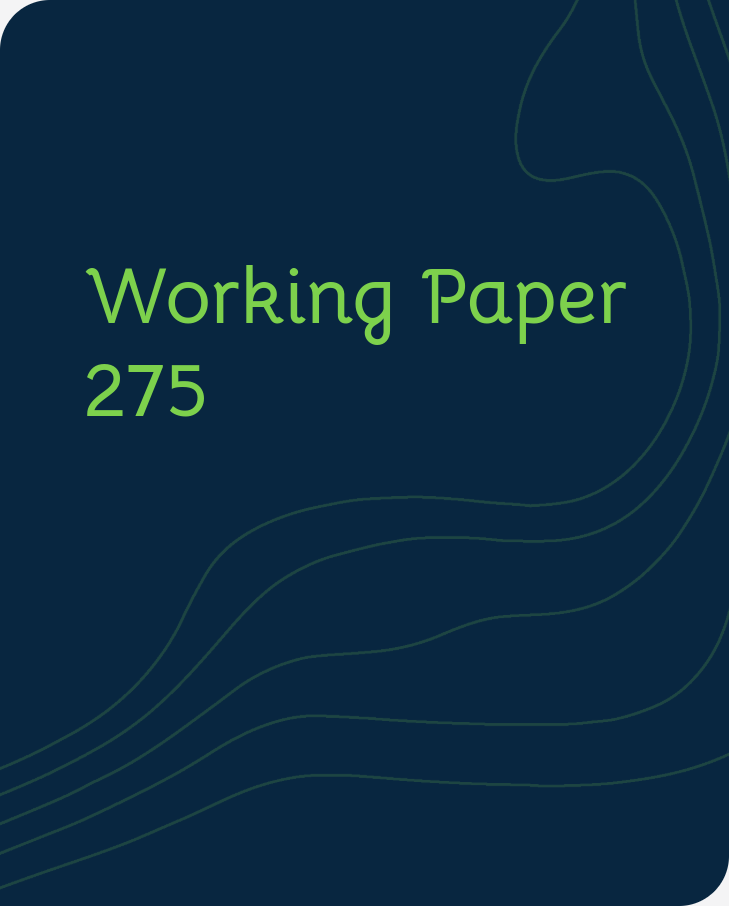Publication
Transition Report
Reform progress and transition indicators
Who we are
Overview: about the EBRDWho we are
Overview: about the EBRD
Learn about the EBRD's journey to investing more than €220 billion in over 7,800 projects.
What we do
Overview: how the EBRD operatesWhat we do
Overview: how the EBRD operates
Across three continents, the EBRD supports the transition to successful market economies.
Work with us
Overview: how you can work with the EBRDWork with us
Overview: how you can work with the EBRD
We draw on three decades of regional knowledge and financial expertise to tailor our products and approaches to each client's needs.
January, 2023

By Cevat Giray Aksoy, Jose Maria Barrero, Nicholas Bloom, Steven J. Davis, Mathias Dolls and Pablo Zarate
We quantify the commute time savings associated with work from home, drawing on data for 27 countries. The average daily time savings when working from home is 72 minutes in our sample. We estimate that work from home saved about two hours per week per worker in 2021 and 2022, and that it will save about one hour per week per worker after the pandemic ends. Workers allocate 40 percent of their time savings to their jobs and about 11 percent to caregiving activities. People living with children allocate more of their time savings to caregiving.
For media enquiries related to this working paper, please contact Ksenia Yakustidi, Media Adviser at the EBRD’s Office of the Chief Economist
YakustiK@ebrd.com
All Working Papers
The Working Paper series seeks to stimulate debate on transition in the EBRD regions.
